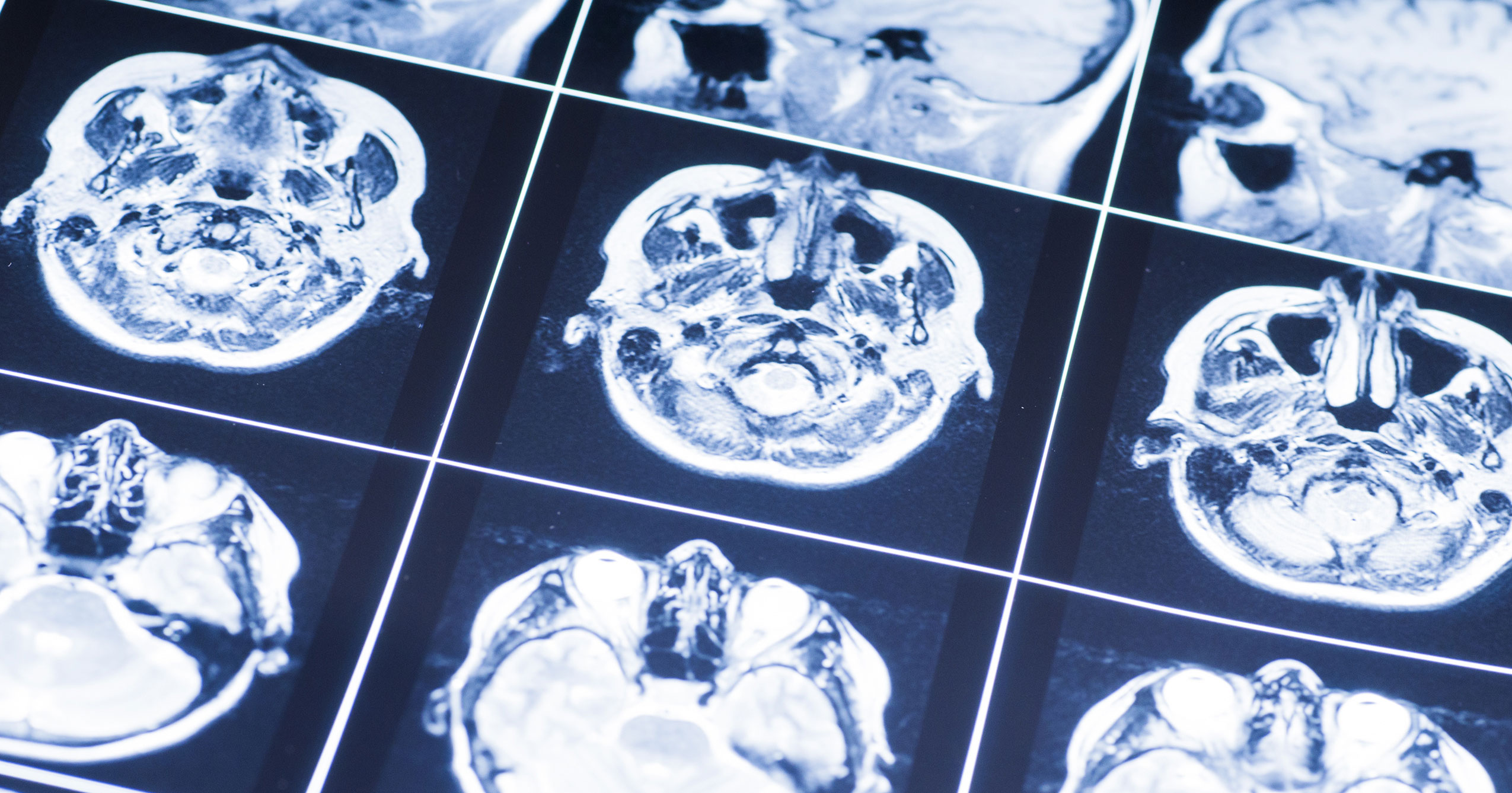In their weekly morbidity and mortality report dated May 23, 2004, the CDC reported that from 2011–2013 to 2020–2022, stroke prevalence rose 14.6% among adults aged 18–44 years, 15.7% among those aged 45–64 years, 9.3% among women, and 6.2% among men in the United States. We know that hypertension, obesity, diabetes, atherosclerosis, and atria fibrillation increase one’s risk of stroke. In this blog, we explore the mental health status as a risk factor for stroke.
An international study of 26,000 individuals from multi-ethic groups found that people who experience symptoms of depression had a 46% increased risk of stroke over those with no such symptoms adjusted for age, sex, education, physical activity, and other lifestyle factors. In this study, the association between depressive symptoms and stroke was consistent across all country-income levels. The more the depressive symptoms, he greater the risk.1
In a systematic review and a meta-analysis of prospective cohort studies consisting of 317,540 participants, researchers from the Harvard School of Public Health studied the association between depression and risk of total and subtypes of stroke participants.2 Pooled analysis showed that depression was associated with:
- 45 percent increased risk for total stroke
- 55 percent increased risk for fatal stroke
- 25 percent increased risk for strokes resulting when the blood supply to a portion of brain has been interrupted or obstructed
It should be noted that depressed individuals often have difficulty incorporating good lifestyle practices. Depression increases the risk for undesirable clotting by increasing platelet stickiness. Unfortunately, it also substantially reduces blood flow to the front brain. Anxiety and depression contribute to atherosclerosis, a risk factor of stroke.
What can help?
Get a thorough evaluation by health care professionals.
Some lab work to consider could include TSH (thyroid stimulating hormone), CBC, B12, folate. electrolytes, kidney and liver function, fasting blood sugar, and perhaps toxicology testing, and a physical exam. Depending upon your age, your medical history, your health care provider may order additional testing.
Get your diet for nutritional adequacy by a registered dietician, Don’t just rely on supplementation as they can be adverse effects of taking excessive amounts.
If depression is interfering with some aspects of your life, consider a mental health profession trained in cognitive behavior therapy.
Go predominately, whole food, plant-based.
If you are eating an omnivore diet, changing your diet habits to emphasize whole fruits, vegetables, nuts, whole grains, legumes, and monounsaturated fats (olives, avocadoes, almonds) can help. One such diet that is easy to transition into is the Mediterranean Diet.. Researchers found that men aged 18–25 years experienced an improvement in depression symptoms after switching to a Mediterranean type diet.3
Ultra-processed foods (UPFs)makes depression worse.
Brain imaging studies show that 4
UPF consumption was linked with depressive symptoms. Higher UPF consumption was linked to brain shrinkage in mesocorticolimbic brain regions. So what is the significance of the this area of the brain? This dopamine pathway of several brain organs participates in cognition, reward, reinforcement, motivation, and emotional stability. Shrinking in this area increases the risk for depression. o if you want to have more emotional stability, sharper cognitive abilities, more enjoyment, and greater motivations, skip the ultra processed foods such as ice cream, flavored yogurt, pastries, biscuits, crackers, most commercial breads, sweetened cereals, snacks, prepared frozen meals, meat substitutes, instant sauces and gravies. Watch out if the food product contains sweeteners, artificial sweeteners, food colorings or perservatives, emulsifiers, whey, protein isolates, MSG and invert sugar,
- Rationale and design of INTERSTROKE: a global case-control study of risk factors for stroke. Neuroepidemiology. 2010;35(1):36-44. doi: 10.1159/000306058.[↩]
- A. Pan, Q. Sun, O. I. Okereke, K. M. Rexrode, F. B. Hu. Depression and Risk of Stroke Morbidity and Mortality: A Meta-analysis and Systematic Review. JAMA: The Journal of the American Medical Association, 2011; 306 (11): 1241[↩]
- Lassale, C., Batty, G.D., Baghdadli, A. et al. Healthy dietary indices and risk of depressive outcomes: a systematic review and meta-analysis of observational studies. Mol Psychiatry 24, 965–986 (2019). https://www.nature.com/articles/s41380-018-0237-8 [↩]
- Oren Contreras-Rodriguez, et al.Consumption of ultra-processed foods is associated with depression, mesocorticolimbic volume, and inflammation. Journal of Affective Disorders. volume 335.15 August 2023, Pages 340-348. https://www.sciencedirect.com/science/article/pii/S0165032723006365 [↩]

